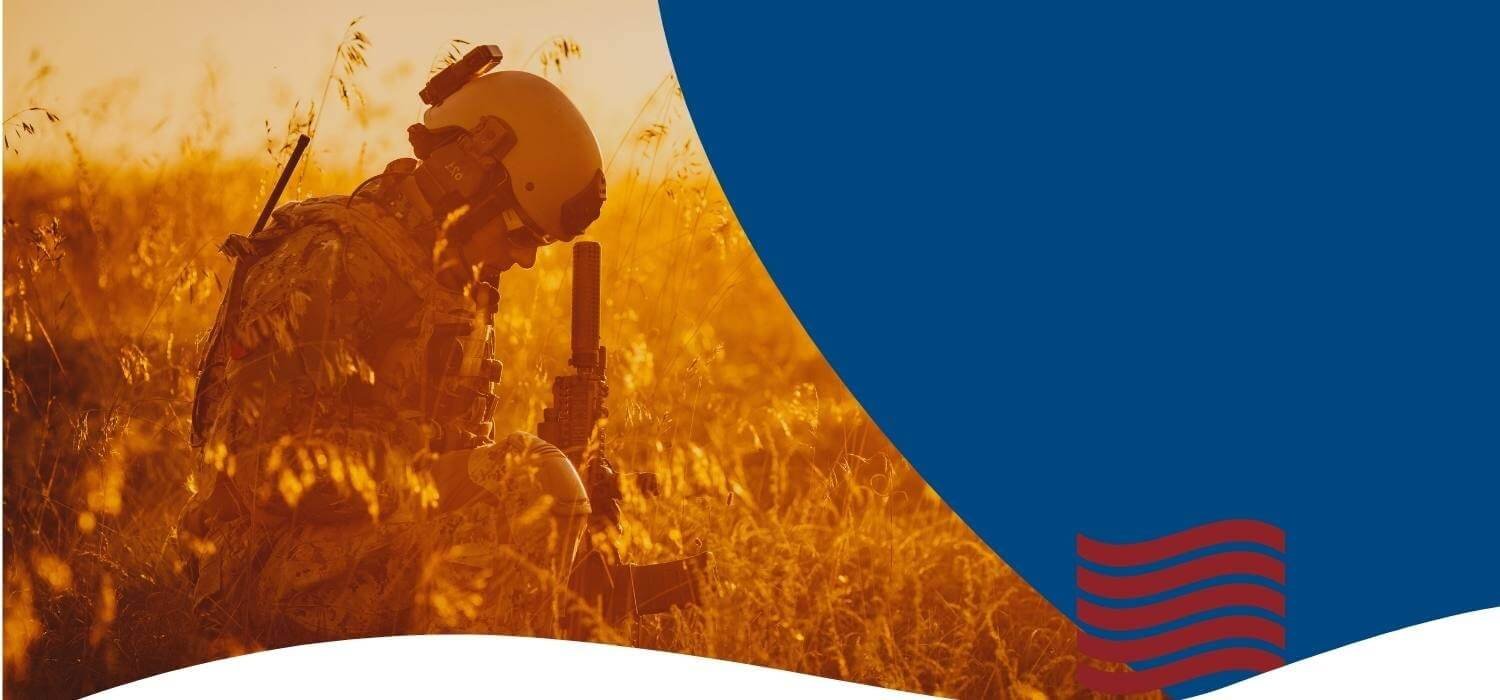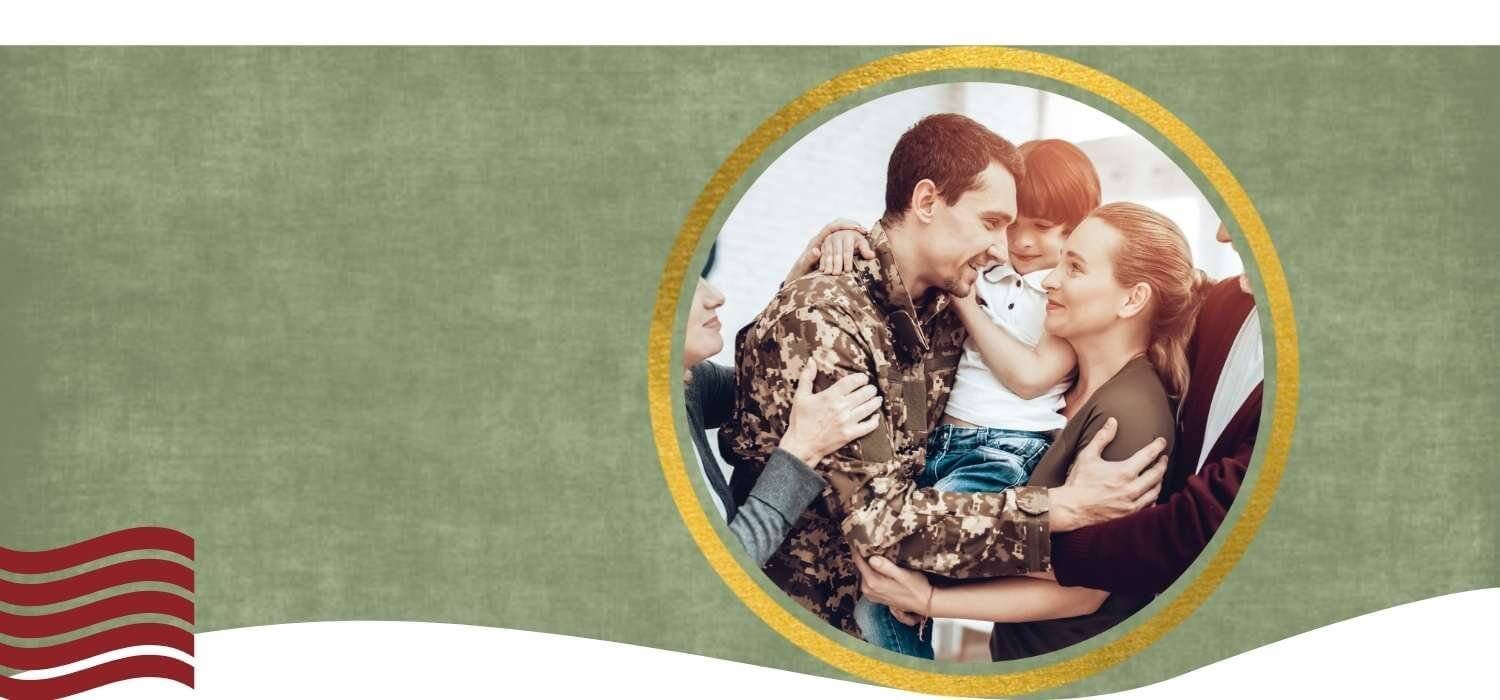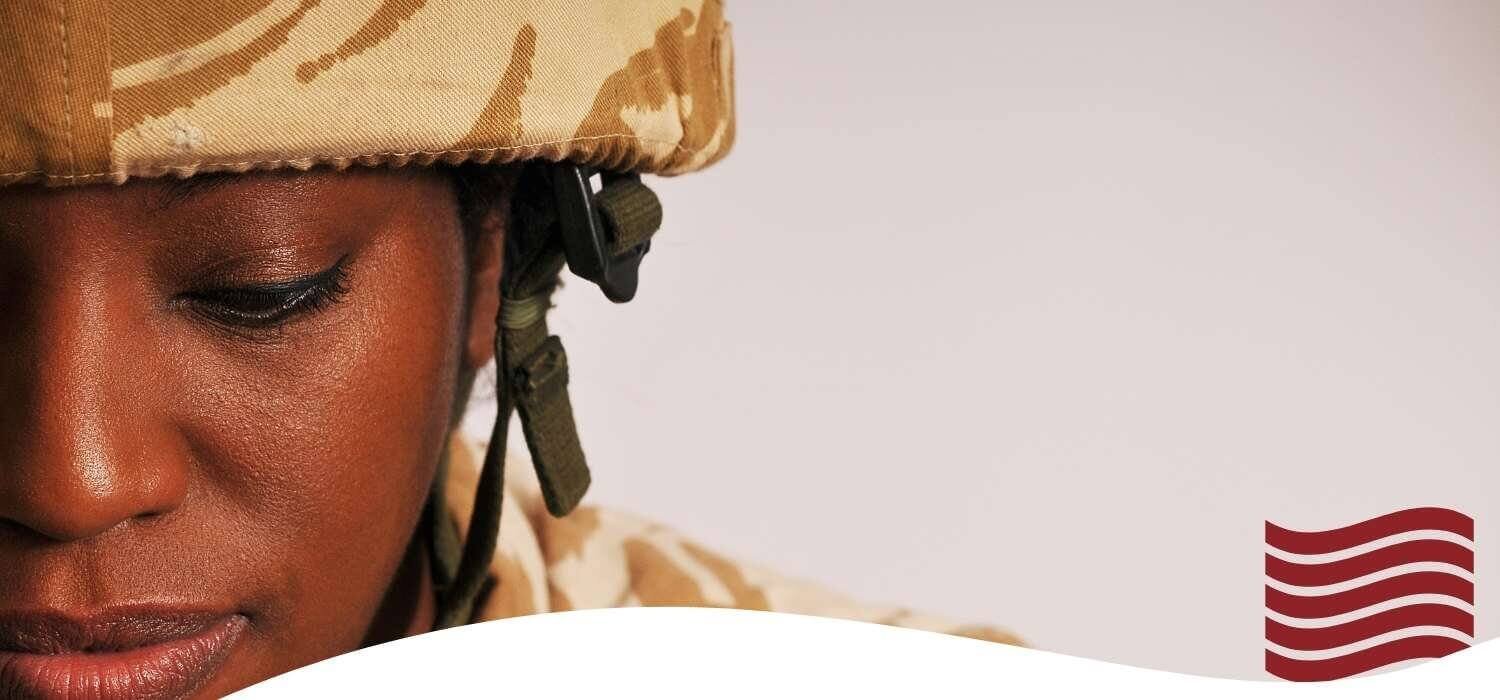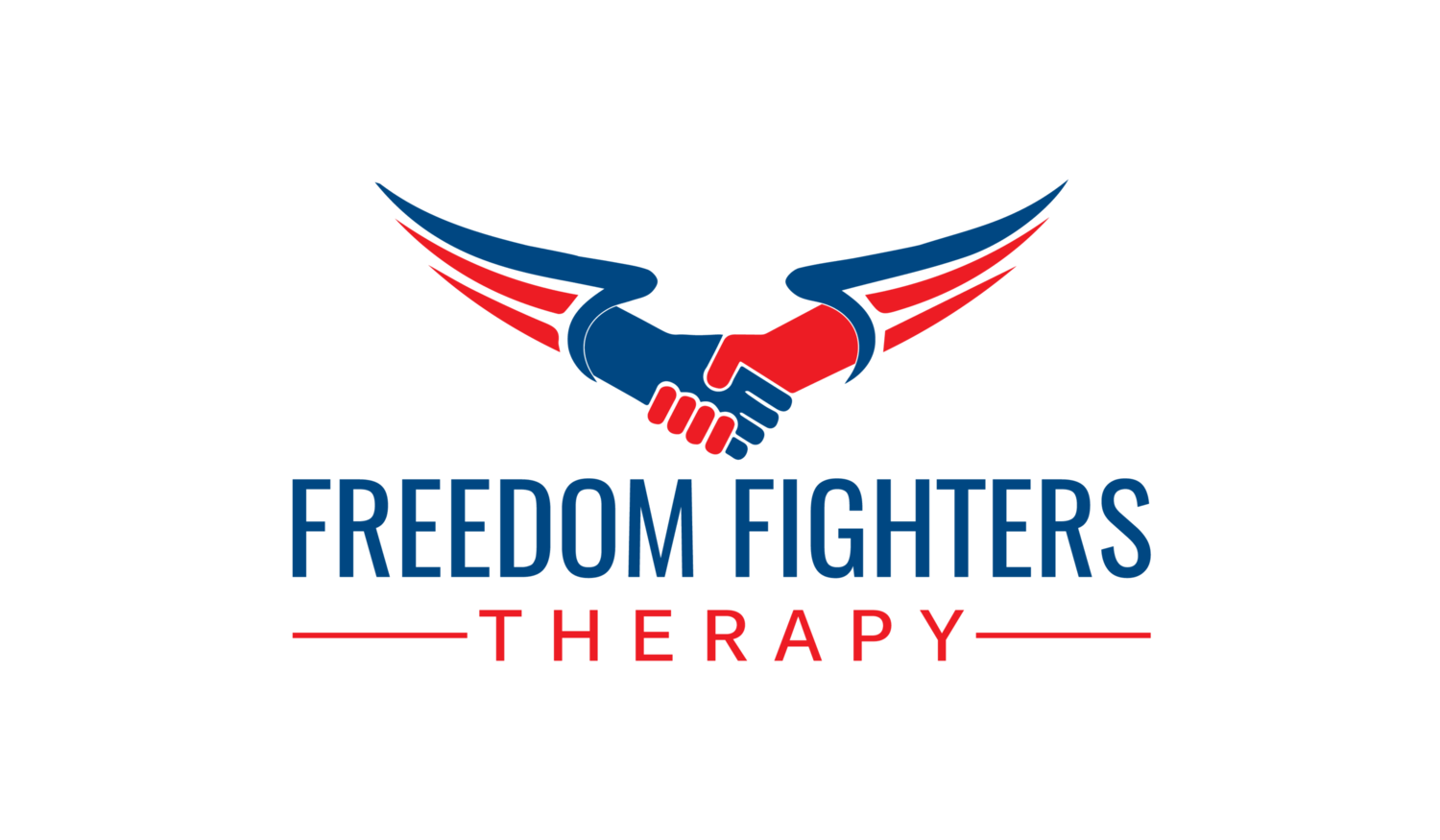
Misson Civilian Life: PTSD Therapy for Vets in Ohio, Texas and Florida
With combat therapy, get to a place of acceptance, enjoy life, and reconnect with those you love.
You're busy at work with a respectable job. You love your spouse and kids. But these days, you have become detached from your family. The physical pain is unbearable, too.
The nightmares of the battlefield won't turn off. The memories of those who have died still haunt you. You press on, as that has been your training.
Deep down, you know that can no longer function like this.
But it's so hard to tell what the threats are. If you go to a store, you feel you must clear out to keep everyone safe. This makes you prefer to avoid daily activities and stay home.
Yet, you hesitate to seek help for your mental health. It looks weak. If anyone found out, you’re afraid it could affect your career and your rank - or affect disability benefits.
And so you find yourself slipping out to gamble or drink to turn off flashbacks and numb the pain instead.
Feelings of hopelessness and despair creep in…the nagging feeling that the world is better off without you….
We promise it doesn’t have to be this hard.

Return home and deploy family time.
A Lifeline for Vets
At Freedom Fighters, we understand these common fears because we’ve been there. We treat these signs of PTSD and depression with the utmost dignity, as one who serves our country deserves.
Critical Life Cycle Therapy for Vets
At Freedom Fighter's Therapy, we provide therapy at every stage using Critical Life Cycle Therapy™: Stage of Change. Treatment is defined at each stage to offer the appropriate type of therapy. We also match you with the counselor that best fits your needs and situation.
-
Upon entering military life, the member must face different enemies and challenges. In addition, S/he must learn the rules and conform to military culture.
-
Pressure to Succeed in Military Life
Member learns their military job, adjusts to military life, set rules, and family moves. They are encouraged to excel, press forward, and rank controls.
-
Member waits to face the enemy or returns from deployment with battle wounds, trauma, and grieving loss of service members' lives. Expected to return to work in 2 weeks, the member has internal, and external battlefield wounds still need to be processed and healed.
-
Military member faces continued obstacles affecting all aspects of their daily life: career, damage to the body and chronic pain, marital problems, loss of intimacy, family disconnect, financial woes such as fighting for disability benefits. In addition, mental health issues become apparent: Severe depression, PTSD, suicidal ideations.
-
Members struggle the most and may have suicidal thoughts and regrets about joining the service, which is the toll on mind and body. Quality of life has declined significantly with years of addiction, isolation, unprocessed pain, or trauma. As a result, severe physical health issues and fighting for disability.
Why Choose Freedom Fighters Therapy Vs. Other VA Community Care Providers
Unlike other VA community care providers, all of our therapists have undergone rigorous Star behavioral training, designed to help work with military language and culture.
Our providers are also military spouses or family members (parents, spouses, children) who have served, and so we identify strongly with the culture.
We are the only faith-based therapy practice that services military and vets in Dayton, Ohio, Milton, FL, and San Antonino, TX.
Let go of the battle and keep the faith.
Faith-Based Counseling in OH, TX, and FL
As faith-based counselors, We help you figure out ways to (re)integrate faith into your daily life. With your preference and permission, we may directly discuss bible verses, prayers or scriptures, or other aspects of Christian teachings. This is especially helpful when your Christian faith helped you overcome obstacles in the past and you now resent or question your faith.
You are Not Alone: Facts about PTSD and Veterans
70% of adults in the U.S. have experienced some type of traumatic event at least once in their lives.
The prevalence of PTSD among veterans of Iraq and Afghanistan is 13.8%. Around 13,000 vets from Iraq and Afghanistan suffer from alcohol dependence syndrome and require veteran mental health treatment for this problem. (Dept of Veterans Affairs, 2009)
Military members who experienced a traumatic brain injury (TBI) are more than twice as likely to suffer from PTSD later on than service members who did not suffer a TBI. (PTSD onset was generally 3-4 months after returning from deployment.)
55 out of 100 women (or 55%) and 38 out of 100 men (or 38%) have experienced sexual harassment when in the military.
Active duty and veteran military personnel abused prescription drugs at a rate that was more than twice the rate for the civilian population.
(source: National Center for PTSD, National Institute for Drug Abuse)Know that it's never too late. You are NEVER beyond Help.
Vets and first responders who turn to meds for PTSD can become unintentionally dependent and suffer higher rates of depression. Let us help.






